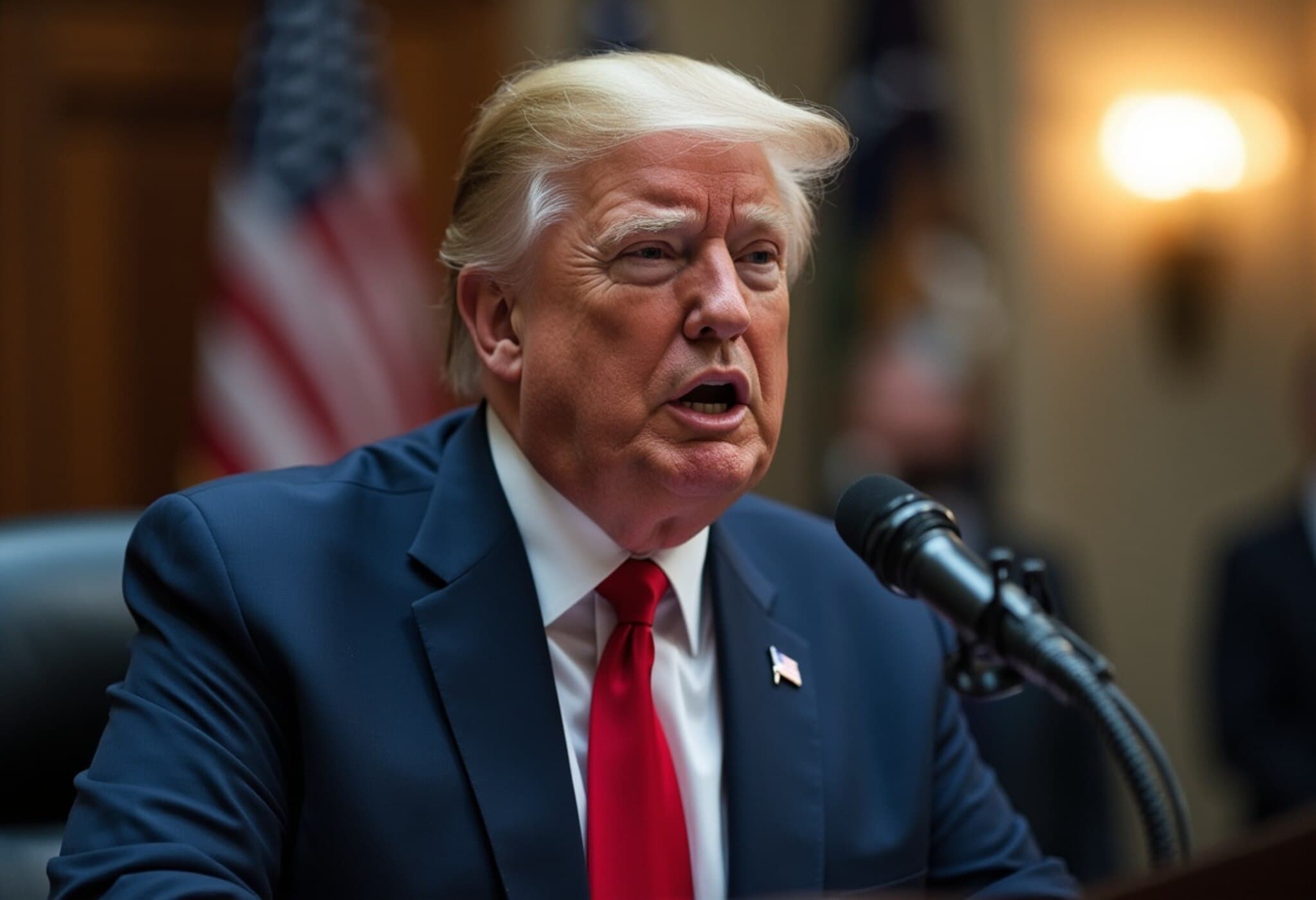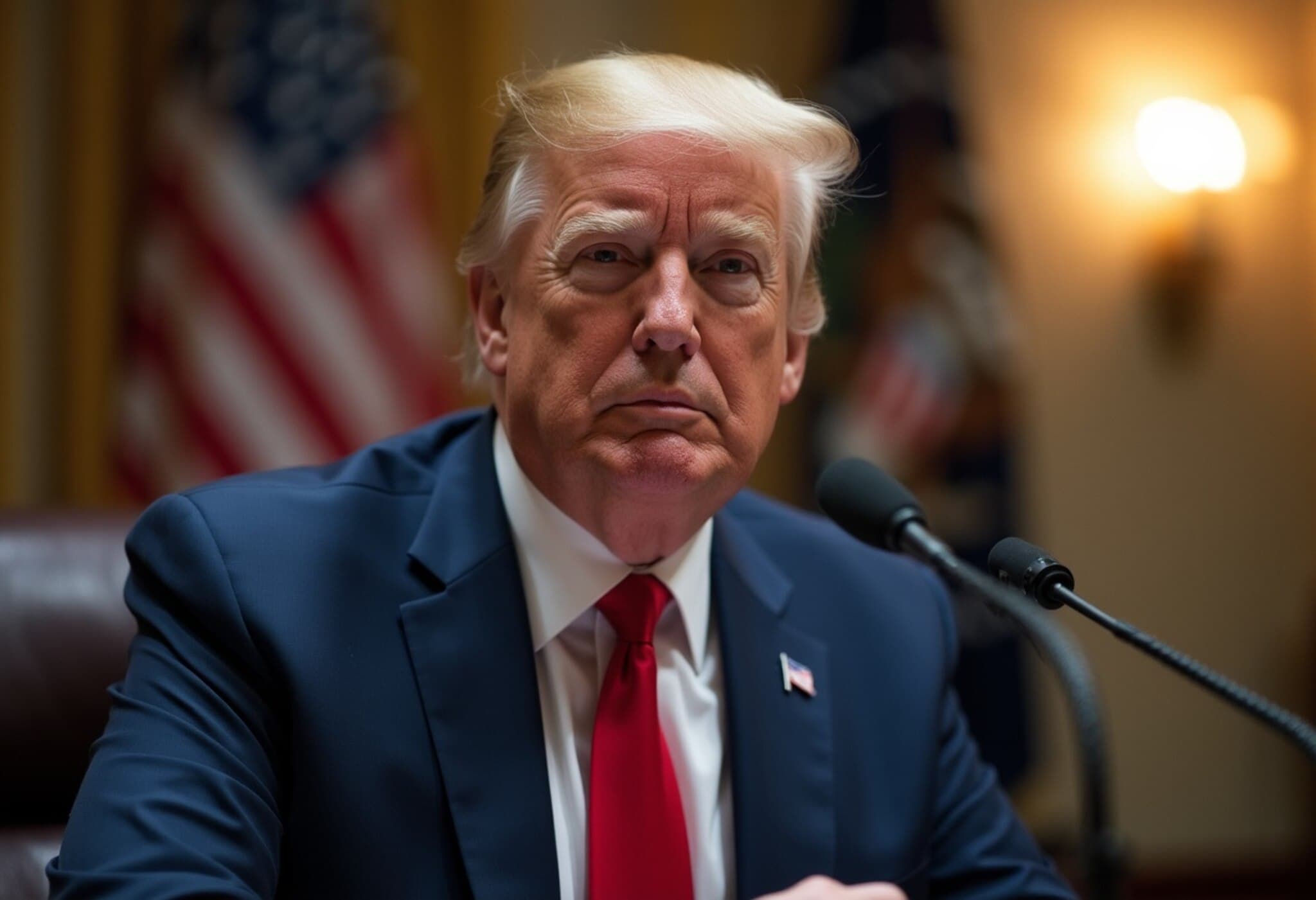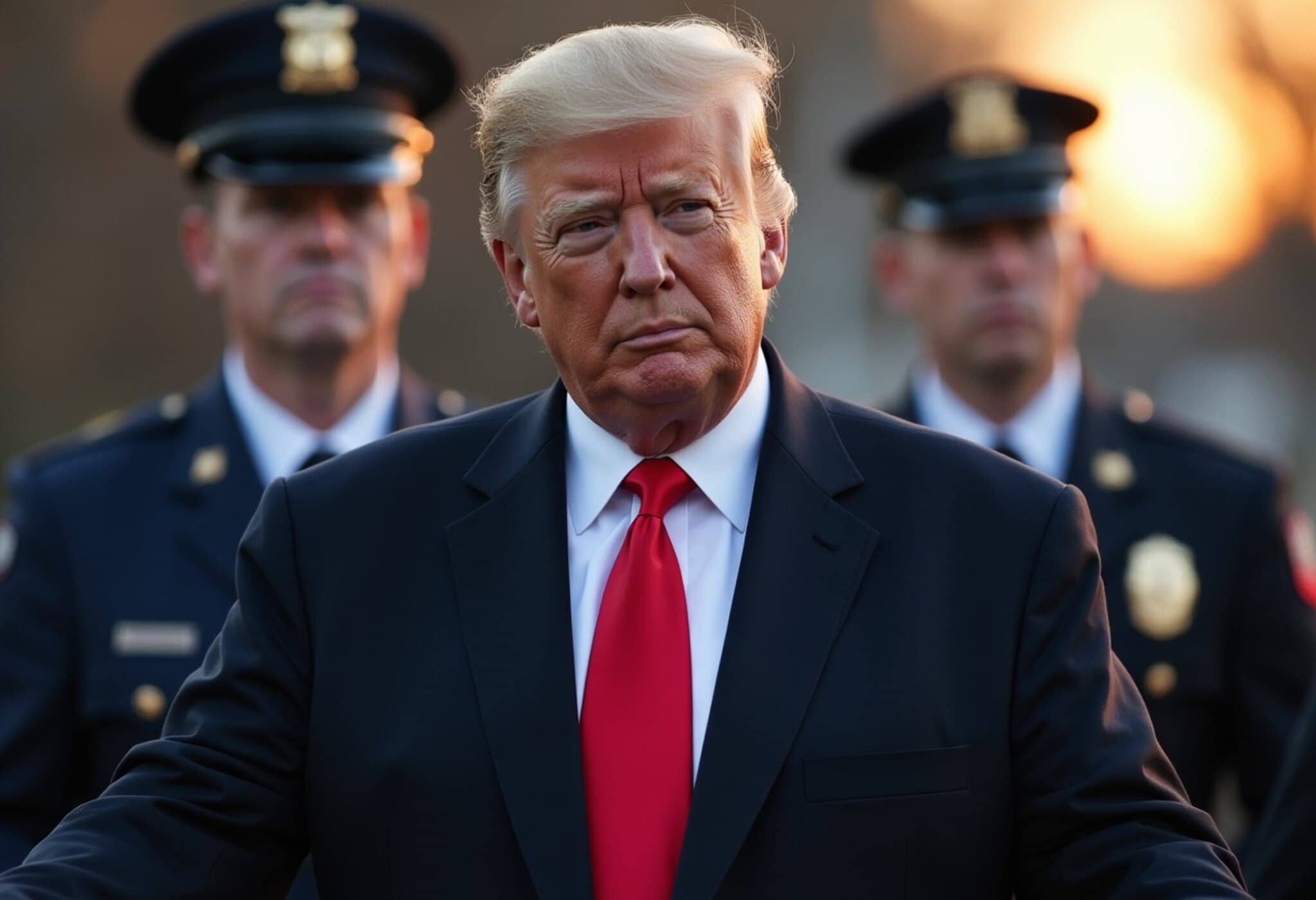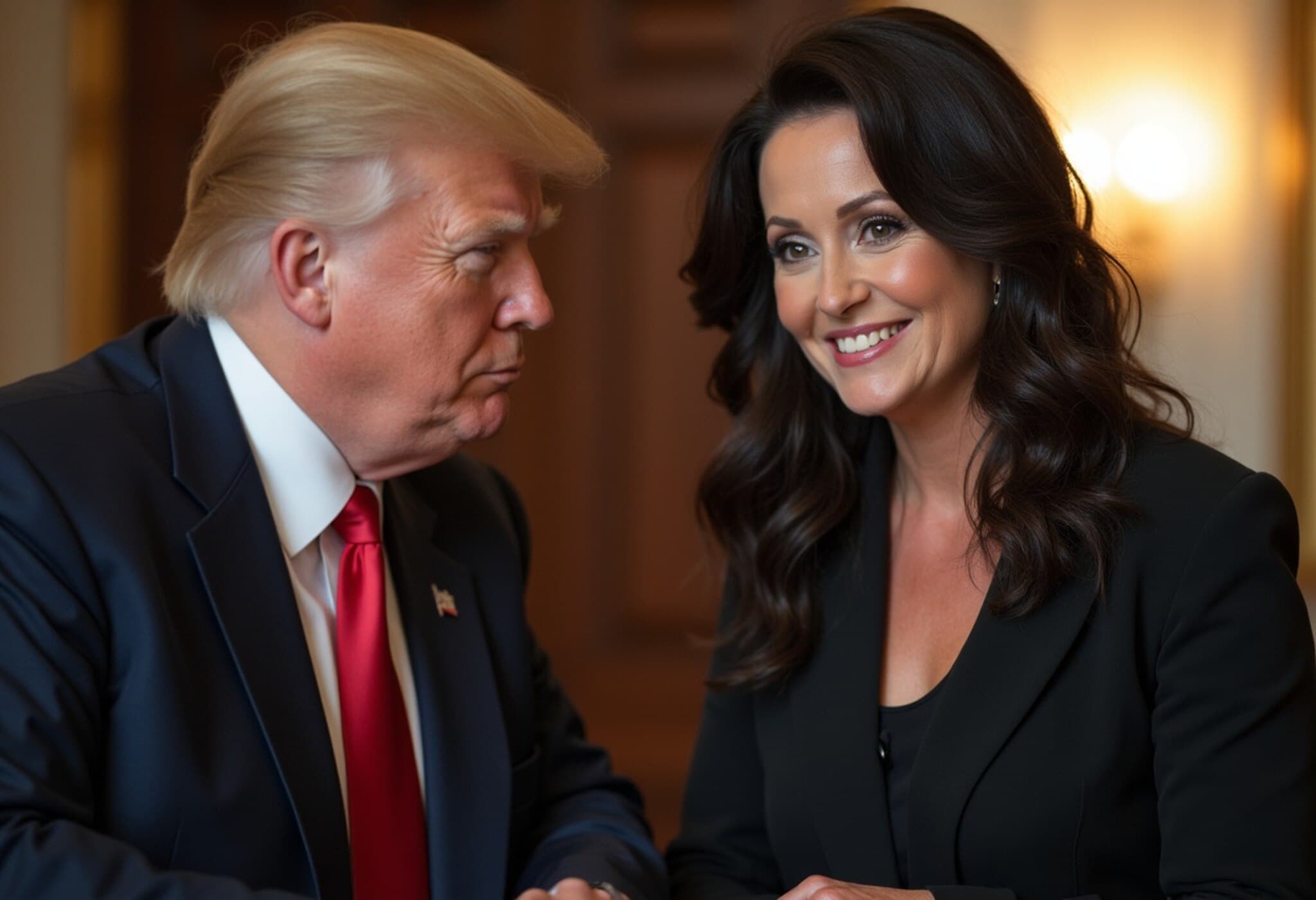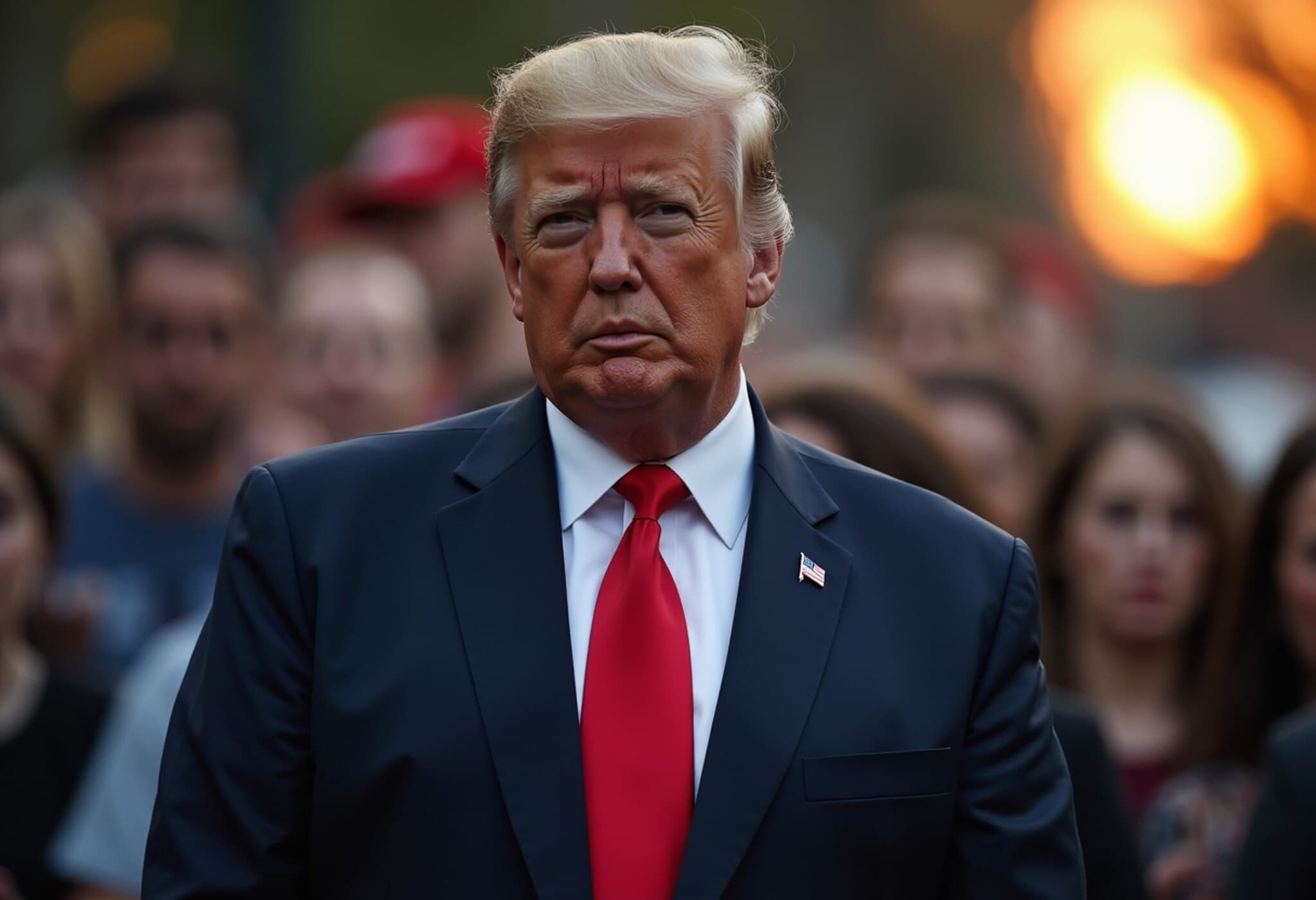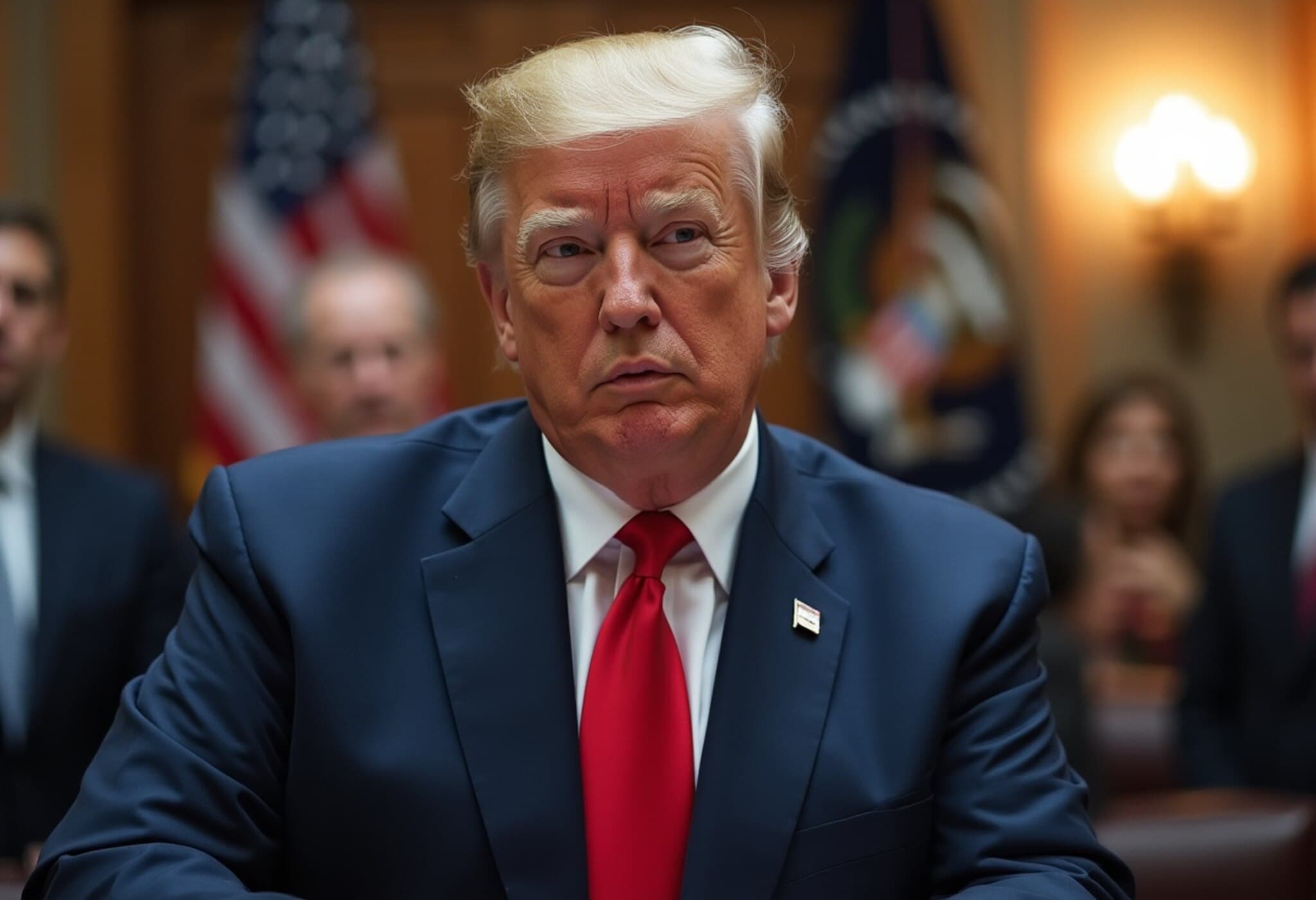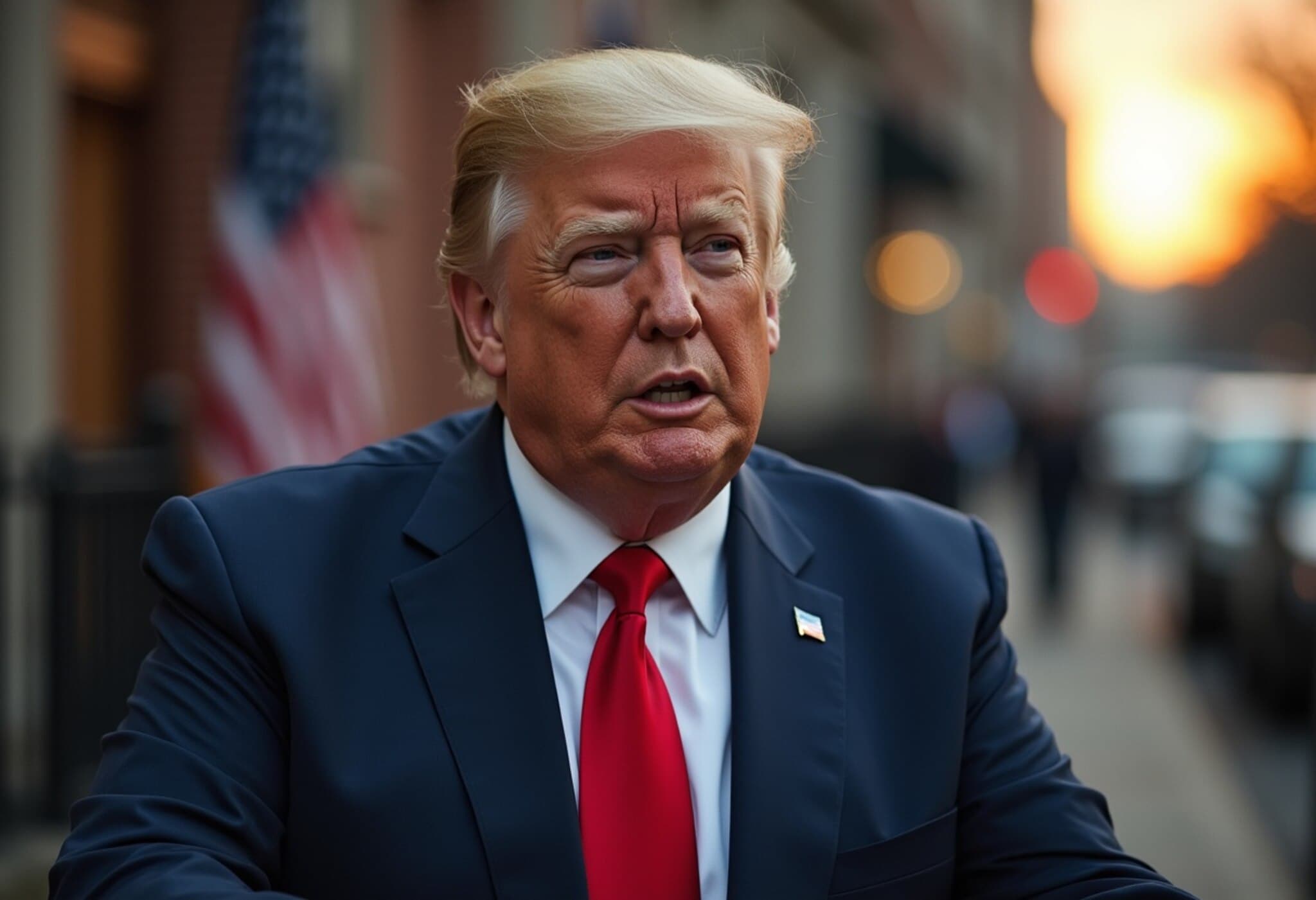Trump’s Assault on Facts Reflects Authoritarian Playbook
In Washington’s enduring adage, individuals are entitled to their opinions but not their own facts. Yet, former President Donald Trump’s recent actions suggest an unsettling challenge to this principle, prompting concerns among experts and observers about the erosion of factual integrity in governance.
Firing of Bureau of Labor Statistics Chief Sparks Controversy
On August 2, 2025, President Trump fired Erika McEntarfer, the commissioner of the Bureau of Labor Statistics (BLS), shortly after the agency published an employment report depicting slower job growth than his administration claimed. Trump dismissed the report as “phony” and offered no empirical evidence, basing his criticism merely on his “opinion.” This move sent ripples across Washington, signaling to government statisticians and scientists that reports deviating from the administration's preferred narrative might carry professional consequences.
Erika McEntarfer, a career public servant appointed and confirmed through bipartisan consensus, became the latest casualty in a pattern of politicizing data critical to public understanding of the economy. Critics argue this sets a dangerous precedent, undermining the independence of nonpartisan institutions entrusted with providing unbiased information to policymakers and the public.
The Broader Pattern: Controlling Narratives and Data
Trump’s approach to data manipulation extends beyond economic indicators. Throughout his political tenure, he has repeatedly challenged intelligence reports, climate data, and even scientific consensus on public health. Examples include:
- Attacking analysts whose findings contradict presidential claims.
- Removing or altering government website content related to climate change and policy history.
- Discrediting institutions responsible for independent fact-checking and data collection.
Such tactics have drawn comparisons to strategies employed by authoritarian regimes, which historically attempt to suppress or distort information to maintain control and power. Scholars like Michael Patrick Lynch, a professor at the University of Connecticut and author of On Truth in Politics, emphasize that “democracy can’t realistically exist without reliable epistemic infrastructure,” highlighting the critical role that transparency and information accuracy play in governance.
International Parallels and Historical Context
Trump’s maneuvers are reminiscent of actions by authoritative governments worldwide. Historical instances include:
- The Soviet Union during its existence, where economic data was often falsified to project strength.
- Contemporary concerns regarding China’s data transparency in economic and health statistics.
- Turkey’s 2019 dismissal of its statistics chief following reports of surging inflation.
These parallels underscore how controlling narrative through data manipulation undermines democratic accountability and public trust.
Expert Reactions and Warnings
The Union of Concerned Scientists criticizes the deepening attacks on federal scientific agencies, documenting more than 400 instances since Trump’s recent return to office. Gretchen Goldman, the organization’s president and a former science adviser, warns that “firing the top statistical official sends a clear signal to others across the government that you are expected to compromise scientific integrity to appease the president.”
Former government officials and lawmakers across the political spectrum have expressed alarm. William Beach, Trump’s own former Bureau of Labor Statistics chief, described the firing of McEntarfer as “totally groundless” and expressed concern about the dangerous precedent it sets.
Implications for American Democracy and Economy
Undermining established facts not only distorts public discourse but can impair effective policymaking. When economic realities are obscured or disputed without evidence, it becomes challenging for businesses, families, and governments to make informed decisions.
Furthermore, this politicization of data deepens societal divisions, as competing “truths” fracture consensus and erode trust in institutions. Former Republican Congresswoman Barbara Comstock encapsulates this dilemma: “The reality is the economy is worse, and he can’t keep saying it’s better.” This disconnect between rhetoric and reality risks alienating citizens who experience day-to-day economic challenges firsthand.
Conclusion: Preserving Truth in an Era of Disinformation
President Trump’s insistence on pushing alternate versions of facts—whether related to job growth, election integrity, or scientific findings—spotlights a growing crisis in information integrity in the United States. As democracies worldwide grapple with post-truth challenges, safeguarding independent, transparent data agencies remains vital for maintaining public trust and ensuring accountable leadership.
Editor’s Note:
Trump’s recent dismissal of the BLS commissioner over unfavorable employment data is emblematic of a broader erosion of trust in factual reporting within American governance. This case raises pressing questions about how democracies can protect the autonomy of their scientific and statistical institutions in politically polarized environments. As readers, it invites us to consider: How can society reinforce the separation between political agendas and empirical truth? And what safeguards should be strengthened to prevent governmental interference that jeopardizes transparent and reliable information?

